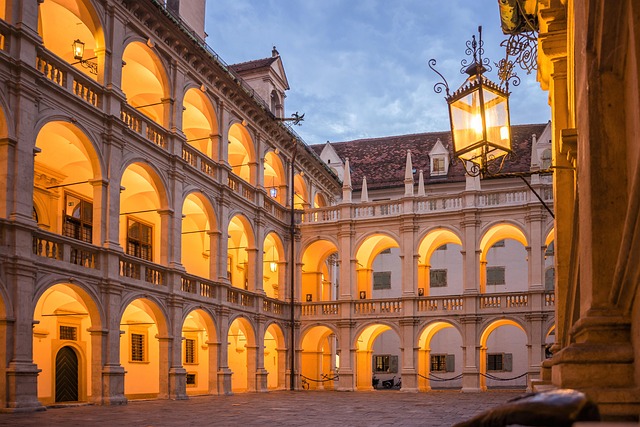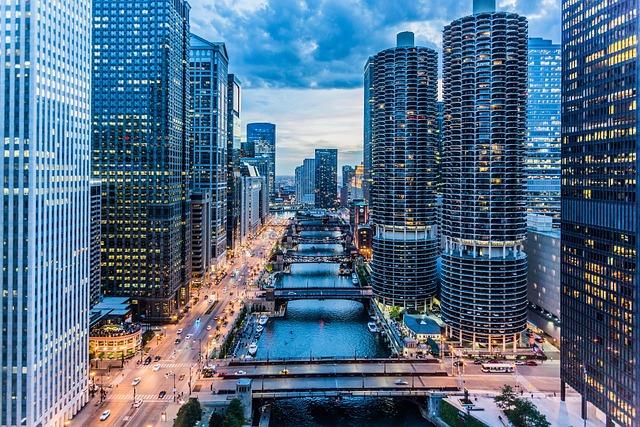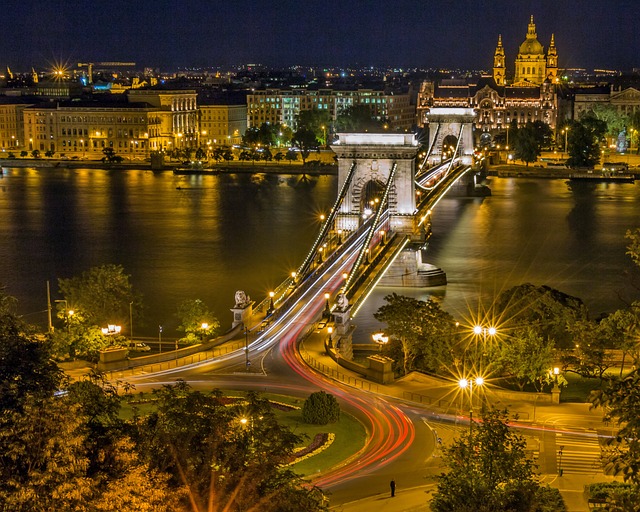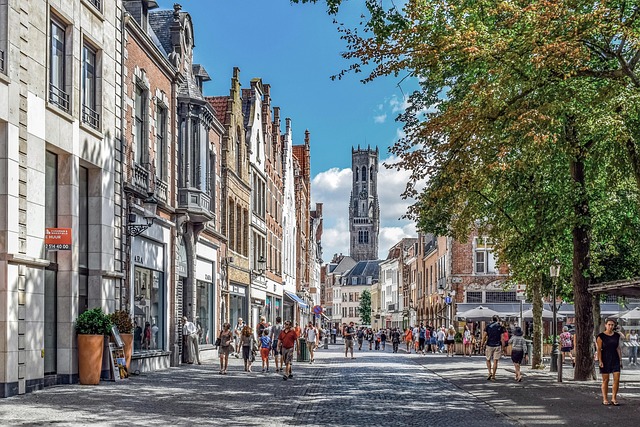Karachi, Pakistan's economic powerhouse, grapples with severe traffic congestion due to rapid urbanization and increasing vehicle ownership. The proposed Mai Kolachi Bypass aims to revolutionize connectivity by providing an alternative route, reducing travel times, and easing traffic pressures. This strategic initiative promises to boost economic activity, enhance logistics efficiency, and transform Karachi's urban landscape, fostering a more vibrant and sustainable future. However, it also raises environmental and community concerns that require careful consideration during implementation.
“Karachi, Pakistan’s vibrant metropolis, faces significant traffic congestion issues, prompting the need for innovative solutions. The Mai Kolachi Bypass project emerges as a game-changer, offering a strategic route to alleviate the city’s bustling highways. This article explores the necessity of this bypass, its proposed design, and environmental considerations. We delve into how this infrastructure can drive economic growth while examining community concerns. By the end, readers will understand why the Mai Kolachi Bypass is a crucial step towards transforming Karachi’s transportation landscape.”
- Understanding the Need for a Karachi Bypass Route
- The Mai Kolachi Bypass: A Solution to Traffic Congestion
- Key Features and Design Considerations
- Environmental Impact and Community Concerns
- Potential Economic Benefits and Future Developments
Understanding the Need for a Karachi Bypass Route
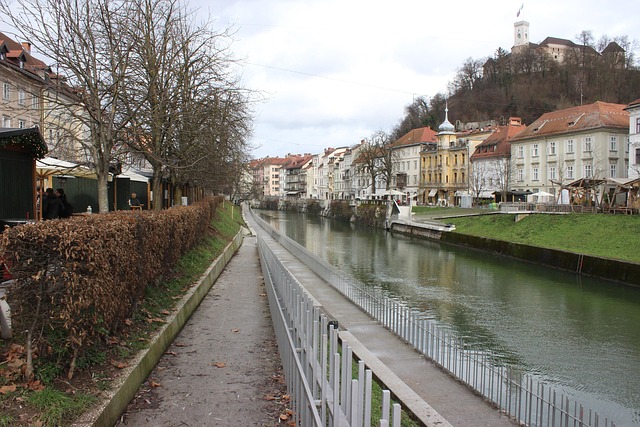
Karachi, Pakistan’s economic heartbeat, often grapples with severe traffic congestion. The city’s rapid urbanization and increasing vehicle ownership have strained its existing road infrastructure. This has led to lengthy commutes, chronic traffic jams, and significant delays in cargo transport, hindering both economic growth and quality of life.
A Karachi bypass route emerges as a crucial solution to these pressing issues. By circumventing the heavily congested urban centers, this bypass aims to reduce travel times, ease traffic pressures on main roads, and improve the efficiency of logistics operations. This strategic intervention promises to transform connectivity within Karachi and across its metropolitan area, contributing to a more vibrant and sustainable urban future for the city.
The Mai Kolachi Bypass: A Solution to Traffic Congestion
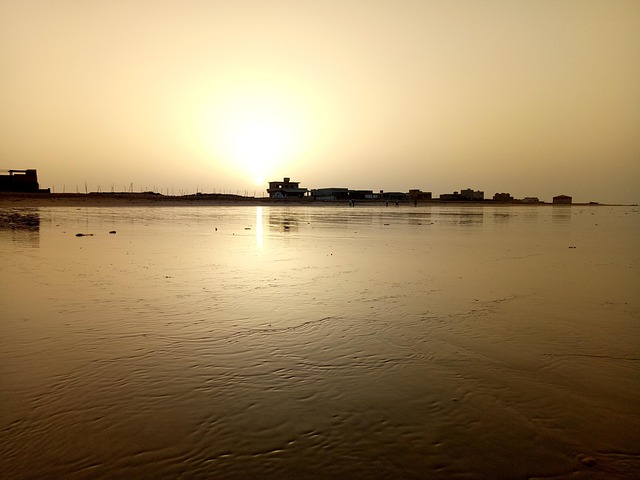
The Mai Kolachi Bypass, a strategic infrastructure project, has emerged as a solution to the persistent traffic congestion plaguing Karachi. This new route aims to alleviate the heavy burden on the city’s existing roads, which often lead to gridlock during peak hours. By providing an alternative path, the bypass promises to significantly improve connectivity and reduce travel times for residents and commuters.
The construction of this bypass is part of a broader initiative to enhance Karachi’s transportation network. It offers a more direct link between the city’s northern areas and southern suburbs, bypassing the heavily trafficked central sectors. This efficient routing will not only ease congestion but also stimulate economic activity by facilitating faster movement of goods and services across the metropolis.
Key Features and Design Considerations
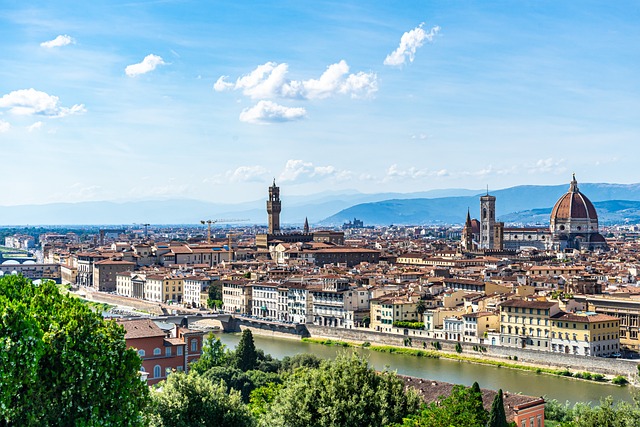
The Mai Kolachi Bypass, a strategic transportation initiative in Karachi, stands as a testament to the city’s evolving infrastructure. This bypass is designed to alleviate traffic congestion, enhancing connectivity within the bustling metropolis. Key features include a wide, multi-lane carriageway, offering efficient flow of vehicular traffic and ensuring smoother commutes for folks across the diverse neighborhoods of Karachi.
Design considerations for the Mai Kolachi Bypass prioritize safety and environmental harmony. The project incorporates modern road design principles, featuring well-lit overpasses, clear signage, and optimized turn lanes to mitigate risks. Additionally, efforts have been made to minimize the ecological footprint by integrating green spaces and utilizing sustainable construction methods, reflecting a commitment to a balanced urban development in the vibrant landscape of Karachi.
Environmental Impact and Community Concerns
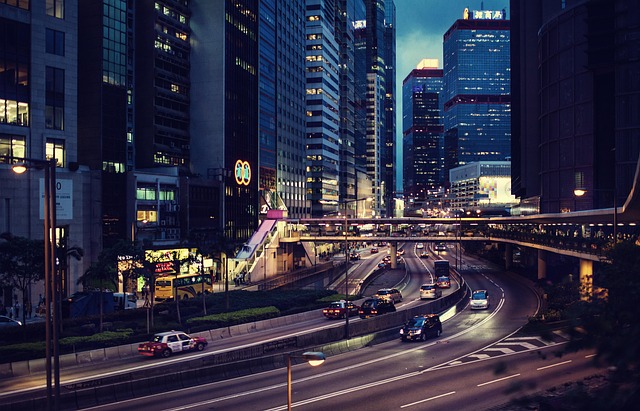
The Mai Kolachi Bypass, a significant infrastructure project in Karachi, has sparked discussions regarding its environmental implications and community impact. As construction progresses, local residents and environmental activists voice their concerns over potential ecological disruption. The primary worry lies in the destruction of natural habitats, particularly the sensitive coastal ecosystem along the Arabian Sea. This project threatens the diverse wildlife, including bird species and marine life, that thrive in this environment.
Community members argue that the bypass could lead to increased pollution levels, both air and water, as a result of construction activities and heightened traffic volume. The proximity of residential areas adds to these concerns, as noise pollution and dust from the project may negatively affect the quality of life for nearby inhabitants. Balancing urban development with environmental preservation is a delicate task, and stakeholders advocate for more sustainable approaches to mitigate these issues.
Potential Economic Benefits and Future Developments

The Mai Kolachi Bypass, a strategic infrastructure project in Karachi, holds immense potential to catalyse economic growth and transform the city’s landscape. By streamlining traffic flow and reducing congestion, particularly in the vital commercial hubs, the bypass promises to lower transport costs for businesses and individuals alike. This, in turn, could encourage economic activities, attract foreign investments, and foster a thriving local industry. The project’s impact is expected to reverberate across various sectors, from manufacturing and logistics to retail and hospitality, ultimately enhancing Karachi’s position as a prominent commercial centre.
Looking ahead, future developments along the Mai Kolachi Bypass present exciting opportunities for urban planning and economic diversification. The area could witness the emergence of new business hubs, tech parks, and residential complexes, further bolstering Karachi’s reputation as a dynamic metropolis. These potential additions are set to contribute to the city’s tax revenue, create employment opportunities, and foster innovation, solidifying Karachi’s place as a leading economic hub in Pakistan.
The Mai Kolachi Bypass project presents a promising solution to Karachi’s chronic traffic congestion, offering a strategic route that could transform urban mobility. By addressing environmental concerns and generating economic benefits, this initiative has the potential to become a landmark development for the city. As discussions continue, balancing community needs with infrastructure advancement will be vital to ensure a sustainable and prosperous future for Karachi.
